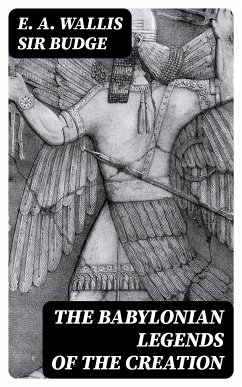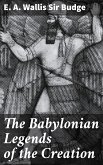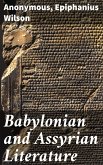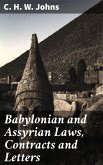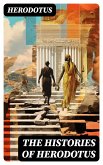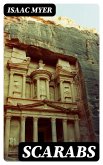In "The Babylonian Legends of the Creation," E. A. Wallis Budge offers an extensive examination of ancient Mesopotamian cosmology through a collection of myths that illuminate the cultural and theological landscape of early civilization. The book deftly intertwines an array of creation myths, primarily focusing on the Enuma Elish, and employs a meticulous philological approach that showcases Budge's adept translations of cuneiform texts. His literary style reflects a deep reverence for the source material, placing these legends within their historical and archaeological context while engaging with contemporaneous comparative mythology. Through this work, Budge not only recounts narratives of divine creation but also reveals their significance in shaping societal values and religious beliefs among the Babylonians. E. A. Wallis Budge, a towering figure in Egyptology and Assyriology, was profoundly influenced by his extensive travels and academic pursuits, which included his tenure at the British Museum. His passion for ancient languages and cultures is reflected in his scholarly endeavors, notably in compiling and translating a wealth of Sumerian and Akkadian texts. Budge's commitment to preserving the wisdom of ancient civilizations culminates in this work, showcasing his aspiration to foster a greater understanding of humanity's mythic heritage. Readers interested in ancient mythologies, religious studies, or the foundations of human cultural narratives will find "The Babylonian Legends of the Creation" to be an invaluable addition to their library. The book not only serves as a rich source of knowledge but also invites reflection on the universal themes of creation and divine agency that resonate across cultures and time.
Dieser Download kann aus rechtlichen Gründen nur mit Rechnungsadresse in A, B, BG, CY, CZ, D, DK, EW, E, FIN, F, GR, H, IRL, I, LT, L, LR, M, NL, PL, P, R, S, SLO, SK ausgeliefert werden.

